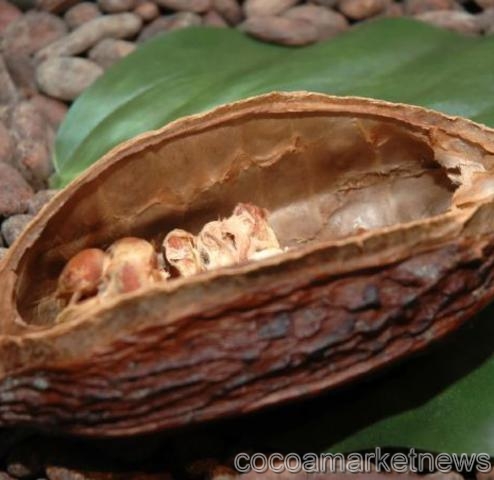Monday, 7 March 2011
Ivory Coast Conflict Escalates as Gbagbo Takes Control of Cocoa Exports
 Ivory Coast President Laurent Gbagbo took control of local purchases and exports of cocoa and coffee, escalating a conflict with rival Alassane Ouattara, the internationally recognized winner of a November election.
Ivory Coast President Laurent Gbagbo took control of local purchases and exports of cocoa and coffee, escalating a conflict with rival Alassane Ouattara, the internationally recognized winner of a November election.
Cocoa supplies from Ivory Coast, the world’s biggest exporter, have been disrupted since late January after Ouattara banned shipments for a month in an attempt to deny funds to Gbagbo, who refuses to cede power. On Feb. 22, Ouattara extended his order until mid-March. Cocoa futures in New York surged to a 32-year high on March 4.
“As long as the stalemate continues, prices will trend higher,” said Erica Rannestad, a commodity analyst at CPM Group in New York.
At least 365 people have been killed in Ivory Coast since the disputed Nov. 28 election, according to the United Nations. A second civil war, involving widespread violence against civilians is the “most likely scenario in the coming months,” the International Crisis Group said on March 3.
“The purchasing of coffee and cocoa from producers and groups of producers throughout the country is now exclusively done by the state,” according to an announcement yesterday on state-owned Radiodiffusion Television Ivoirienne. “Exports of products from the cocoa and coffee sector is done by the state, by persons mandated by the state or holding an export license.”
Rebels in the Ivory Coast who back Ouattara said yesterday that they took control of Touleupleu from forces loyal to Gbagbo, marking the third western town in two weeks.
‘Nowhere in Sight’
In January, the European Union announced a freeze on the assets of the Ivory Coast ports that export cocoa and coffee, along with the state oil company. Cocoa, oil and coffee are the country’s top revenue earners, according to the Central Intelligence Agency. About 68 percent of the population depends on agriculture and related activities, the website said.
“The end seems to be nowhere in sight,” said Luis Rangel, a vice president at ICAP Futures LLC in Jersey City, New Jersey. Today’s announcement “is creating further confusion as companies will not know which of the two leaders to follow,” he said.
Last month, cocoa farmers said they were struggling to find buyers because of a lack of financing and the curb on exports.
“Gbagbo just won’t step down,” said Rannestad of CPM. “As long as he’s able to pay the military, it’s hard for Ouattara to take office.
In Ivory Coast, traders “stopped or slowed down their purchases, as warehouses are full,” Caobisco, a European industry group, said on Feb. 22. Cargill Inc. said in January it temporarily suspended bean purchases.
Futures Gain
Yesterday, cocoa for May delivery rose $5, or 0.1 percent, to $3,662 a metric ton on ICE Futures U.S. On March 4, the commodity reached $3,775, the highest since January 1979. The price has surged 31 percent since the election. The commodity rose to a record of $5,379 in July 1977.
Ivory Coast’s picks two crops annually. The harvest of the main crop began in October.
“The real risk is if the ban is extended beyond May, when the mid-crop comes,” Cedric Chehab, the head of commodities research at London-based researcher Business Monitor International, said last month.

This post was written by: HaMienHoang (admin)
Click on PayPal buttons below to donate money to HaMienHoang:
Follow HaMienHoang on Twitter





0 Responses to “Ivory Coast Conflict Escalates as Gbagbo Takes Control of Cocoa Exports”
Post a Comment